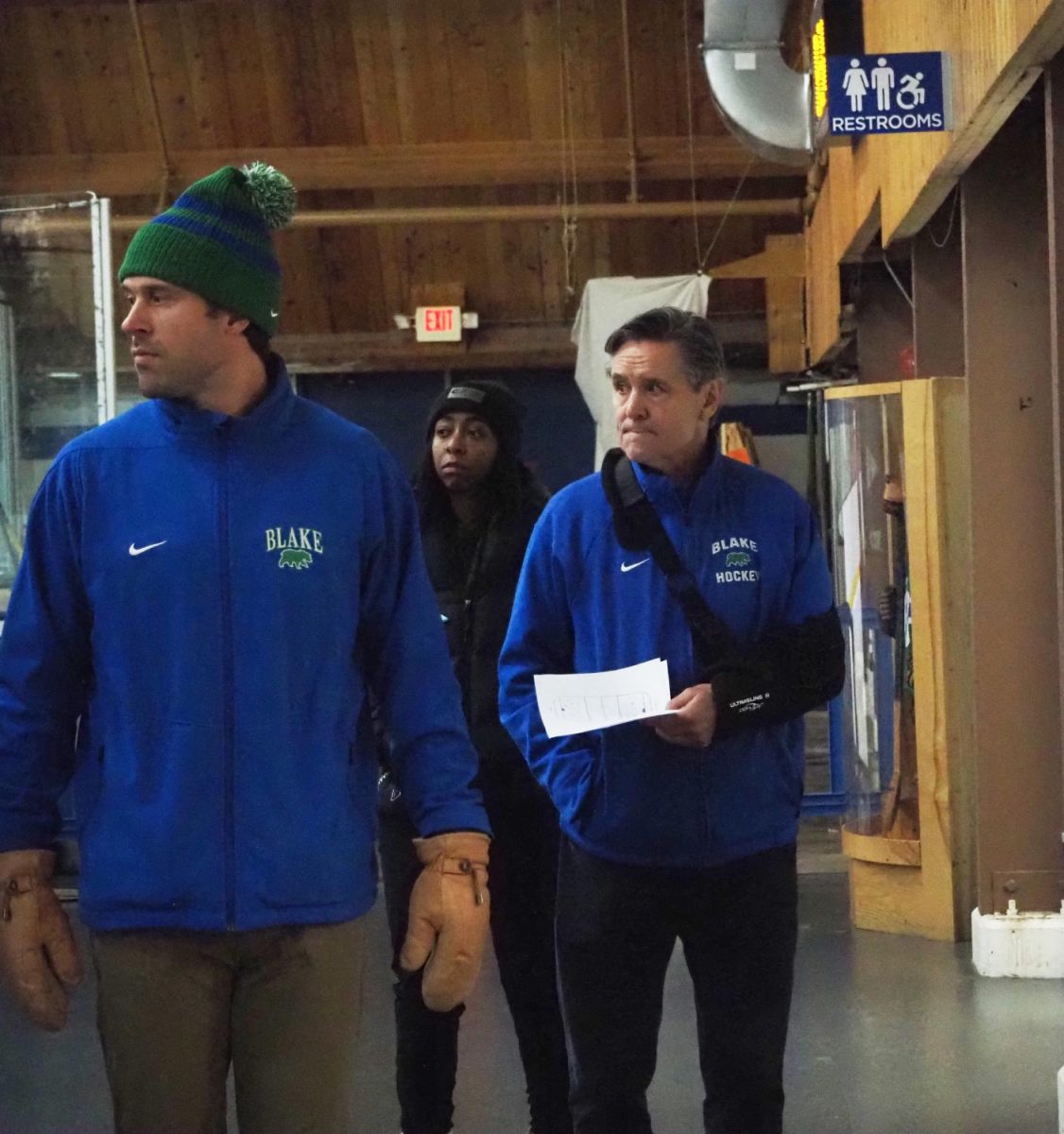Senior Seminar. Say the word to any senior and you’ll receive an amalgamation of groans, sighs, and an immediate rant regarding the string of assignments due. Complaints have been made, senior meetings with Stavney are filled with grievance after grievance, and speeches critiquing Senior Seminar unite the class of 2019 in their mutual dissatisfaction with the course; Menial assignments, from weirdly tailored readings to well, more weirdly specific readings, stack up on Canvas.
Animosity is particularly strong in first semester students, who know the joys of working on college supplements while attempting to contribute to discussions
Often my fellow peers of color and I receive borderline inappropriately specific texts- i.e “Asian American Assimilation” or “Exploring Black Several … these dates texts deal with everchanging issues like identity and are updated to reflect current day conversations and dialogues being had. These topics are covered at a surface level and broadly for students of color who daily engage in “intercultural communication” this topic feels elementary.
However, these complaints are not new–unless you’ve never spoken to a senior or were absent for Ben Lee’s senior speech. So instead of complaining for my entire article, I suppose I should offer some sort of solution to the class that occasionally gave me heartburn.
My proposed solution is not a complete end to Senior Seminar. Rather, Senior Seminar should be modeled after the sophomore College Seminar. Rather than meeting four times a week, Senior Seminar would be once a week during a free block. Skills like interpersonal and intercultural communication cannot be taught in a 65 minute block or understood from a reading from 1990–these are skills that come from real world experiences and interactions.
Seniors are on the cusp of adulthood that brings a myriad of new responsibilities–new jobs, new classes, new expectations– and a class dedicated to seniors should be dedicated to preparing them for these new responsibilities and pursuits, instead of
To live up to its name, the course should aptly cover senior-specific topics through weekly seminars or tutorials–like resume building, interview prep, and preparing financially for college, whether that’s through outside scholarship information or learning what taxes you have to pay for your on campus job.
Ensuring that the course is relevant and meaningful is the only way to increase student engagement and reduce the resentment and anger surrounding Senior Seminar.
















